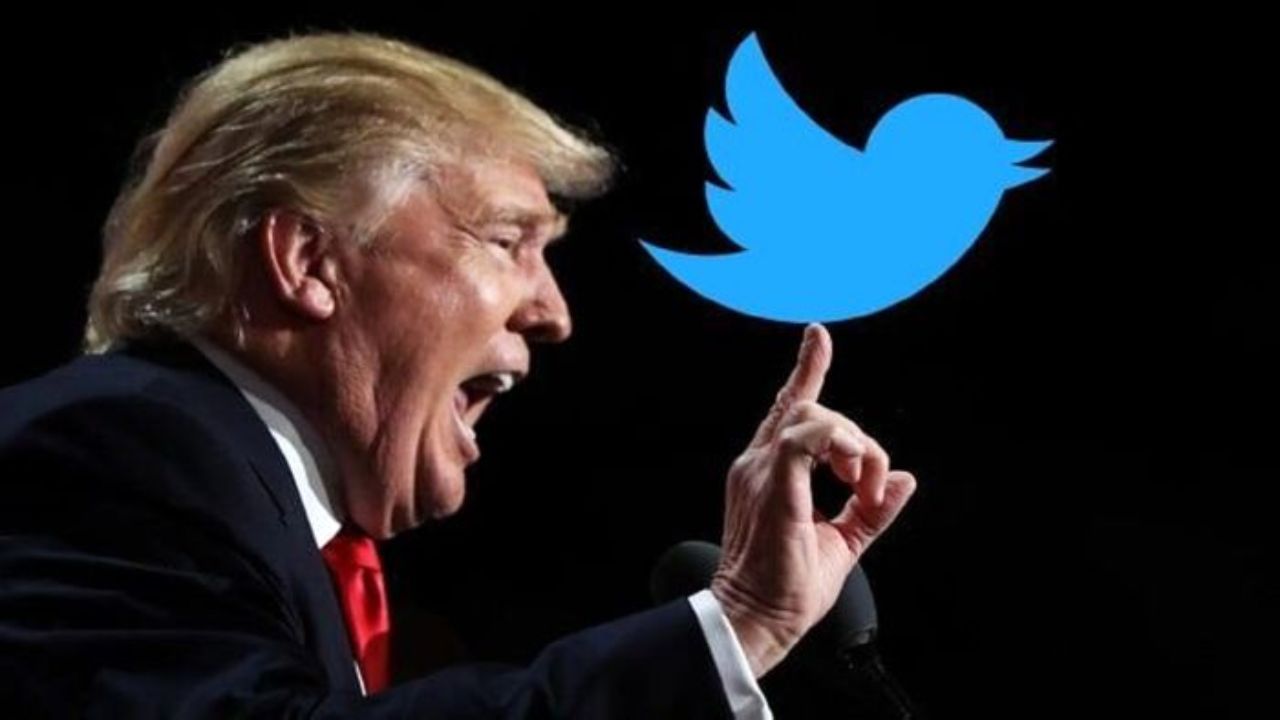In an interview with the website of the Strategic Council on Foreign Relations, Seyed Reza Mirtaher said that Trump always used social media, especially Twitter, instead of using traditional media to deliver his messages and positions, both during the election campaign and after he entered the White House. “The publication of allegations by Trump on Twitter and their labeling by the network, which, according to its policy, marks or stars inaccurate material, was a turning point in this regard,” he said.
Noting that Twitter is asking the audience to signify that if they read it they should find out its authenticity and investigate the matter, he added: “Naturally, this issue provoked strong reaction from Trump, and as before that he accused some media like the CNN and newspapers like the New York Times of being fake and serving the Democrats, leveled similar charges against Twitter.”
Referring to Trump’s executive order, which has reduced the safety of social media vis-à-vis published content and considered judicial prosecution, he said: “This has sparked strong reactions from Twitter and Facebook.” Meantime, Snap said that it had stopped promoting the SnapChat account of President Trump after determining that his public comments off the site could incite violence or raised serious questions about what he said.
Reason for Trump’s Hostile Stance
Mirtaher continued: “In the current situation, Trump has taken a hostile stance against the social media, especially the Twitter. But the strange thing is that he continues to use it as his main means of communication with the American people and the world, and this shows that he is only looking for instrumental use of these social networks.”
Referring to Facebook CEO’s remarks that Facebook is reviewing its policies on the use of force and misleading voters, he stressed: “Certainly Trump will not be able to use these networks without any restrictions as before. The removal of Trump from SnapChat, as well as the creation of suspicious signs or special signals on Twitter about the content of the published tweets, will certainly cause him a lot of trouble in terms of the content he publishes.”
The expert on US issues, referring to the history of tensions between Trump and the American media, which has also been spread on social networks, said: “The main thing that has been said about Trump’s treatment of the media from the beginning is that despite the fact that Trump is the president of a so-called progressive state in the Western world who claims to be at the forefront of freedom, individual and social rights, and freedom of expression, but in practice he acts like a dictator, an authoritarian king.”
Mirtaher continued: “Trump is taking full advantage of all possible tools, and when these tools or the media criticize him, or question his performance and question his claims, he quickly changes his position and takes a stand against them, or takes practical action. Trump claimed that Twitter was in the service of the Democrats and was working to tarnish his image and popularity.”
“Unfortunately, in the constitutions of the United States, the president’s powers are limited in such a way that he can do a lot without being held accountable,” he said, referring to Trump’s actions to put pressure on the US media. An example of this was the executive order issued against social media; However, it should not be forgotten that in the United States, power is not only in the hands of the President, but also in other powerful institutions.
Implications of Trump’s Actions on Social Media
Regarding the consequences of Trump’s actions in the public sphere, as well as the upcoming elections, Mirtaher, referring to the complaint of the American Bar Association against Trump’s executive order for violating the US Constitution, emphasized: US public opinion would not tolerate these actions and would not let Trump deal with the social media any way he wants, to reprimand or threaten them or impose judicial penalties on them. Given the current situation, we are witnessing very extensive and unprecedented protests in the United States, which has led to a kind of social and security instability. Certainly, such actions by Trump will increase the anger of the protesters and will cause more dissatisfaction with the actions of Trump and his administration.










0 Comments